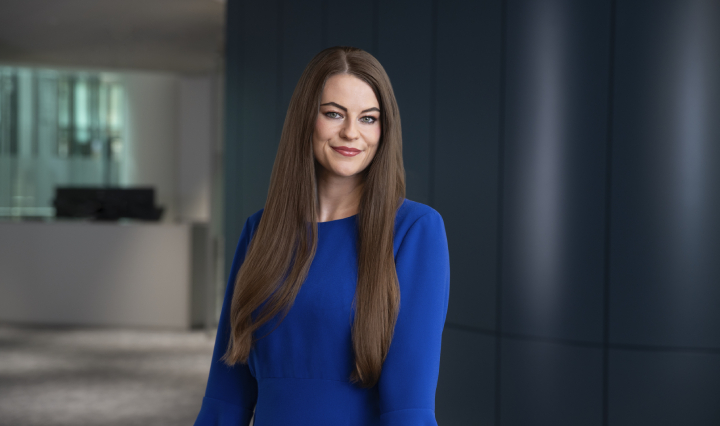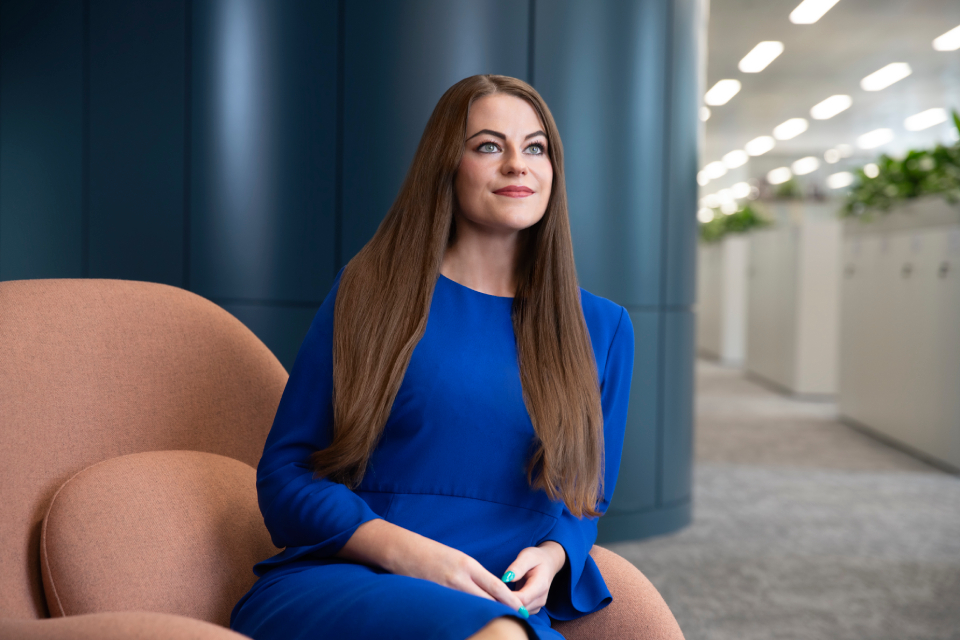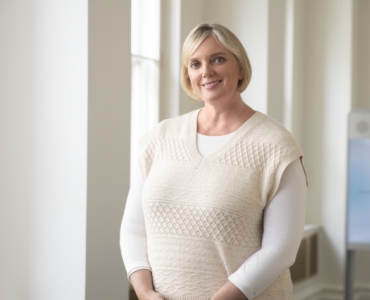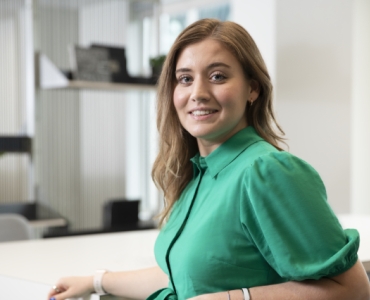
September 2023: "If you don't come from a background where people in your family have been to university, or work as lawyers already, it can be really hard to imagine yourself choosing that path," says Prisca Victoria Wharton, an associate in our Real Estate team. "I came from a single-parent family and my mum worked incredibly hard. However, we were far (in every sense, I grew up in Macclesfield) from the world of City law."
Overcoming invisible barriers
Prisca points out that people from underrepresented backgrounds can face invisible barriers in their careers. "If there's no one to advise you, then you don't know what you don't know! That might be about which A-level courses to choose, what university to apply for or what course to do. In my case, I did a non-law degree, but no-one told me that you have to pay upfront to do the GDL conversion course. Had I known that, I might have gone straight to law as an undergraduate."
Transferable skills: Applying work experience
Prisca funded her Master's and GDL qualification by working full-time in a bar and then going on to manage a phone shop, and says that the experience is something that she draws on as a Real Estate associate now. "If you've worked in retail, or done a customer service job, then you've got experience of dealing with customers, negotiating difficult situations, selling, dealing with finance, and working with a team. All of which is invaluable and relevant experience to my work as a lawyer, working in a team to keep a deal moving forwards."
What does Prisca find most satisfying about working in the Real Estate team? "Although we're working at scale—for example on global data centre transactions or renewable energy portfolio transactions—there is still something tangible about this field. There's a physical asset associated with the work that we do. The work is also incredibly varied. We work closely with other practices, such as the Private Equity team, and more often than not, the assets are multijurisdictional and so are the teams."

Social mobility within a global firm
In an international firm like White & Case, Prisca explains that the obstacles and biases that people from disadvantaged backgrounds face can vary. "In the US, accent bias is not necessarily such a differentiator, compared to the UK. Feeling comfortable with my own accent, and not 'masking' where I've come from is important to me. At White & Case, there's no expectation that you should blend in."
Working with the next generation of lawyers
An active member of White & Case's Social Mobility Task Force, Prisca says that sometimes physically experiencing the reality of law firm life can be a gamechanger for students. "As part of the Firm's work with the Social Mobility Foundation, we welcome a group of sixth-formers from all over the country to sit with us for a week. They have questions about going to university and what that's like. Again, if you don't necessarily have people in your life who've been through that themselves, you might not know anyone to ask about how to write a great university application. So we can help with that. But in terms of actually being here, in the office, not only do they get to learn about the work that we do, they can also get a taste for the culture of working in the City, and meeting people in a variety of jobs."
She says that it's a chance for students to overcome any doubts about how they might fit in: "As soon as you come through the doors, you'll feel welcome and you'll realise that the reality of working in a diverse firm is that everyone comes from different backgrounds. You're also working with people from around the world on a daily basis. Your experience and identity is something to celebrate and own here. Everyone who works at White & Case is here on merit and because they deserve to be, irrespective of their background."





